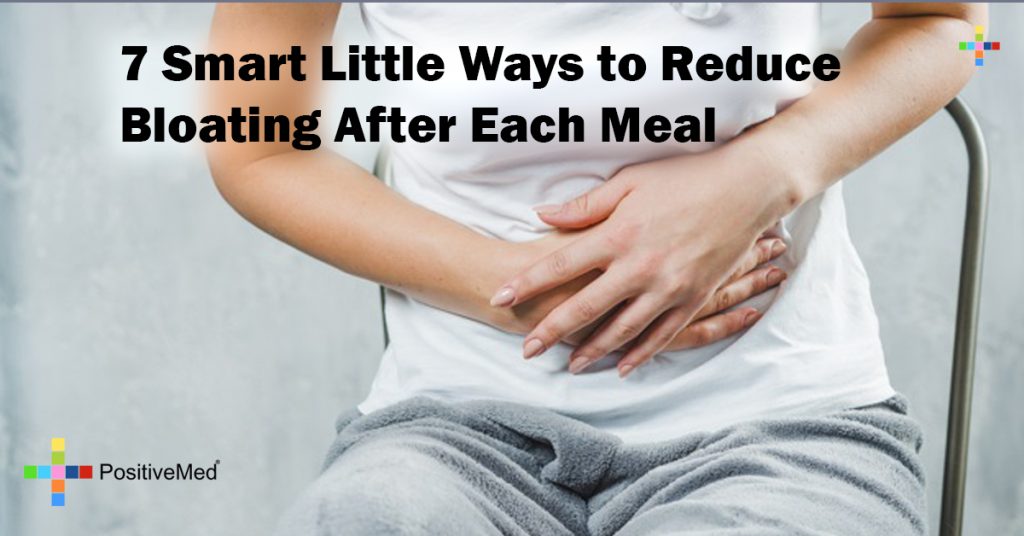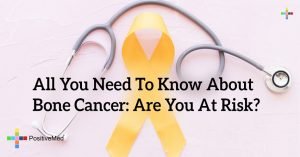
7 Smart Little Ways to Reduce Bloating After Each Meal
If you’re tired of feeling overly full and bloated after each meal, you might be wondering what steps you can take to reduce bloating after you eat. Read on to explore some lesser-known tips that really work.

1. Find Out if You Have Food Allergies
You may be suffering from regular bloating after meals because you have a food allergy you’re not aware of. Try keeping better track of what kinds of foods you eat and how you feel afterwards, you may see a pattern. If you suspect a food allergy or a condition such as lactose intolerance see a doctor for an official diagnosis, from there you’ll know which foods to avoid.
2. Slow Down
Do you find that you feel bloated after you eat your lunch during your short 15-minute break at work? If so you might just be eating too fast. When you scarf your food down you tend to swallow larger pieces of food as well as extra air, making it more difficult for your body to digest and process food.
To combat this slow down while eating, specifically make it a point to chew each bite at least 30 times before swallowing. You might be surprised what a difference this makes in how you feel after eating.

3. Eat More Fiber
Another common cause of bloating is simply not getting enough fiber in one’s diet. If you’re not getting at least 38 grams of fiber per day you’re more likely to feel bloated and constipated after meals. Try eating foods that are higher in fiber, or try taking a fiber supplement, these come in both pill form and in dissolving powder.
4. Drink Less Soda
Are you the type who loves to wash down each meal with a glass or two of carbonated soda? If so this could be leading to your after-meal bloating. Try swapping your usual soda for water, tea, or another non-carbonated beverage at your next meal and see how you feel afterwards.
The carbonation in soda can result in gas bubbles from the drink getting trapped in your stomach. Talk about uncomfortable!
5. Snack on Something with Probiotics
Besides fiber there are other nutrients that can help with digestion while cutting down on bloating. Probiotics are a great example, and you should be getting more of these in your diet. Consider enjoying an after-meal snack that’s high in probiotics, such as yogurt, custard, pineapple, or even a cup of peppermint tea.
6. Hold the Salt
Sodium is another common culprit of bloating, when your body takes in too much sodium you may also be eating foods low in fiber. Both of these factors contribute to after-meal bloating. Try cutting down on foods that are high in sodium like canned and frozen foods. Never add salt to anything you eat, there’s plenty of natural sodium in foods to meet your daily dietary needs.
7. Go For a Walk
Finally, getting some light exercise after a meal can help cut down on bloat. By getting your body moving you can give your metabolism a boost, which results in faster digestion of the food you just consumed. Just be careful not to get too crazy with your exercise right after a meal or you’ll run the risk of cramping.
Edited 9/29/14 SCD





